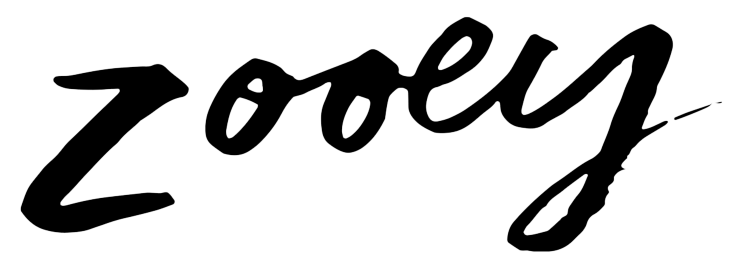"Six years before my parents’ divorce, they weren’t even in the same bedroom. It was an uncomfortable feeling in the house... Thus my parents were not worried about my accomplishments or my sisters’. I think it can be freeing in a way. The hard thing for me is when other people have expectations like ‘Were your parents so excited to watch you on so and so?’ It doesn’t feel bad to me until someone points out the strangeness of my circumstance."
PHOTOGRAPHY BY ISAAC STERLING
CREATIVE DIRECTION BY LUCIA TRAN
*"As We Are" is our new no-makeup portrait series. Learn more here.

